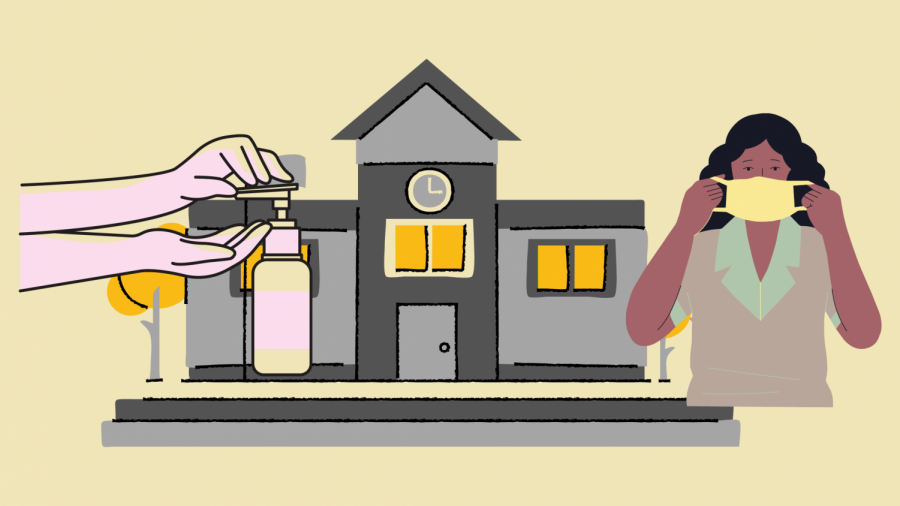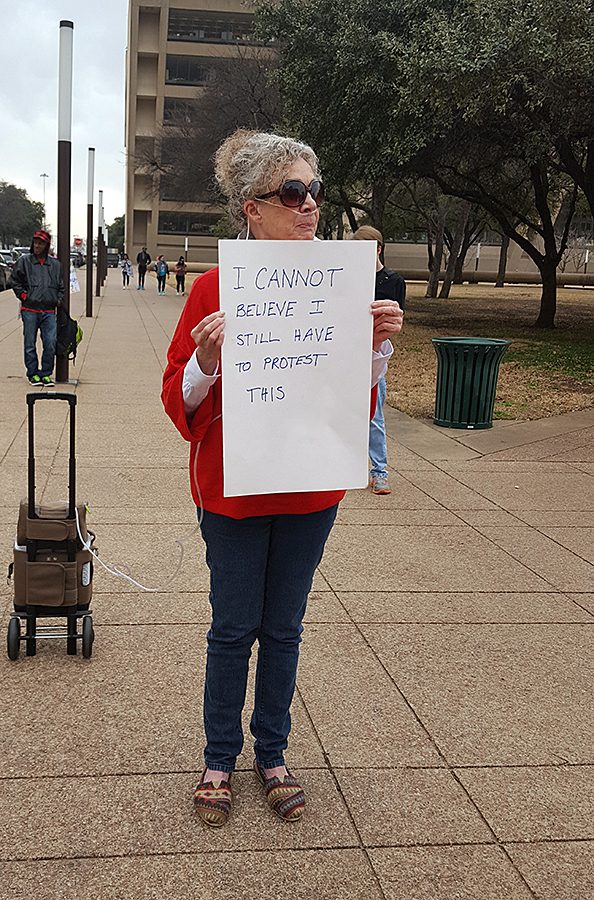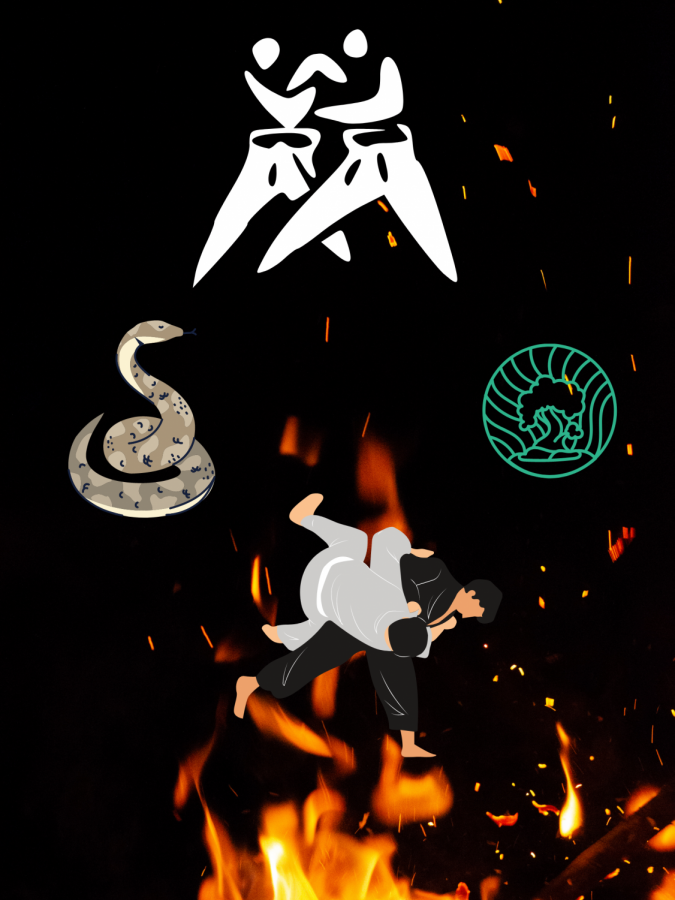Life Under Isolation Takes Hit on Teens’ Mental Health
May 18, 2020
On April third, the Garland Independent School District (GISD) announced that the rest of the school year would be closed and completed through online learning in response to the growing COVID-19 threat.
For teens in Dallas and all across the world, this means the engrained day to day routine of school, or any normalcy ceases to exist. From some students in financially struggling families to some in abusive or unsafe home environments, to some who just want to see their friends and teachers again, this means a lot of the future holds uncertainty. With this anxiety coupled with heightened global stresses, many wonder how this will affect the youth in years to come.
For many youths, accustoming to time under isolation is met with more time to sleep in and increased irritability with their family members. However, past waking up in the afternoon and bickering with siblings, life under this pandemic is like no other.
“It’s definitely been boring,”seventh grader Elroe Kibret said. “I’m just trying to keep myself occupied.”
In an interview with CNN, developmental psychologist Camelia Hostinar said that quarantine has limited youth to express and further their identity with those that they find comfort in the most- their peers.
Kibret, who has a younger sister, while also juggling online school sees both the benefits and downsides to the situation.
“I get to spend much more time with her and even get to know her a little better,” Kibret said. “ However, when you are with them everyday, they can get kind of annoying.”
Hostinar also stated that the overwhelming change has robbed teens of their sense of independence without being able to go places that allow such liberty since all are closed.
Mental health and struggles with self-identity are a daily reality for many adolescents but they already have initially high reactivity to stress, according to a study done by Columbia University’s Russell D. Romeo, a professor of psychology, with hormonal activation and fluctuations making them more susceptible to emotional issues.
Mixing that with a pandemic can have lasting effects on teens. Although many are in tune with using social media to connect with others, the loss of real human interactions beyond the family can lead to many teens feeling overwhelmed with thoughts, overthinking situations, and experiencing anxiety.
In an article published by The Lancet Child & Adolescent Health, youth in quarantine, separated from their daily care-givers and companions can push them into an internal crisis and are more likely to develop acute stress disorder and grief.
Much of the concern turns to the class of 2020, who after their journey through school, we’re finally able to be celebrated from prom to the triumphant day of graduation. These last weeks were meant to see the common faces of peers and faculty at school one last time and get the last details to perfectly complete their prom look. With the unforgettable experience snubbed, and their last weeks of school before adulthood, many are angry, confused, and reserved in their own thoughts.
Read here about the effect this has on highschool seniors
In past years, traumatic historical events are known to have lasting effects on teens. A study published by the Journal of Business Ethics cites that after 9/11, the surveyed teens’ values over survival and security increased while topics of self-esteem seemed to plummet.
The lasting effects are hard to predict concerning mental illness diagnosis however minor shifts in social life, in the way we talk, hangout, and connect with others can be expected.
After watching youtubers reorganize their entire walk-in closets or seeing Chrissy Teigan learning new intricate recipes on twitter, many teens may feel like time is just slipping away, their days passing with what seems to them being unproductive.
“I often find myself feeling disappointed in myself knowing I’m not being as productive as I could be given quarantine restrictions and also the laziness it is producing in me,” Junior Michelle Akanno said. “To keep myself busy I try to take part in at least one of my productive hobbies every day.”
One thing to never forget is that teens are never down for too long. Teenagers are finding new ways to connect with each other during such an isolating time.
Akanno, who had to spend her 17th birthday indoors, had a virtual birthday party where they all listened to music and chatted for hours.
“I knew the situation was inevitable,” Akanno said. “The number one thing on my mind was that I wanted to keep my spirits up and make the best out of it.”
And so she did.
“It was almost a bit bittersweet having to ask my mom not to buy me a cake and other sweets like she usually does just so she wouldn’t have to risk going to the supermarket and expose herself,” Akanno said. “It was kind of humbling to see how much fun I could still have just spent the day with my family and uplifting to see how many of my friends also came together to virtually celebrate with me to help keep my day special.”
Through adjusting to a new routine, both Kibret and Akanno have found several ways to keep busy and to cope during such times.
“It does get overwhelming sometimes,” Kibret said. “I usually listen to music while painting or just organizing my things.”
For Akkano, designating a goal for each day brings assurance and comfort to adjusting to life at home.
“Completing something a day makes me feel useful and like I’m not wasting my days even though the country is on lockdown and I’m prohibited from doing much,” Akanno said. “Life is too short so even if that is just baking my favorite cookies, I want to be able to find a memory every day.”























